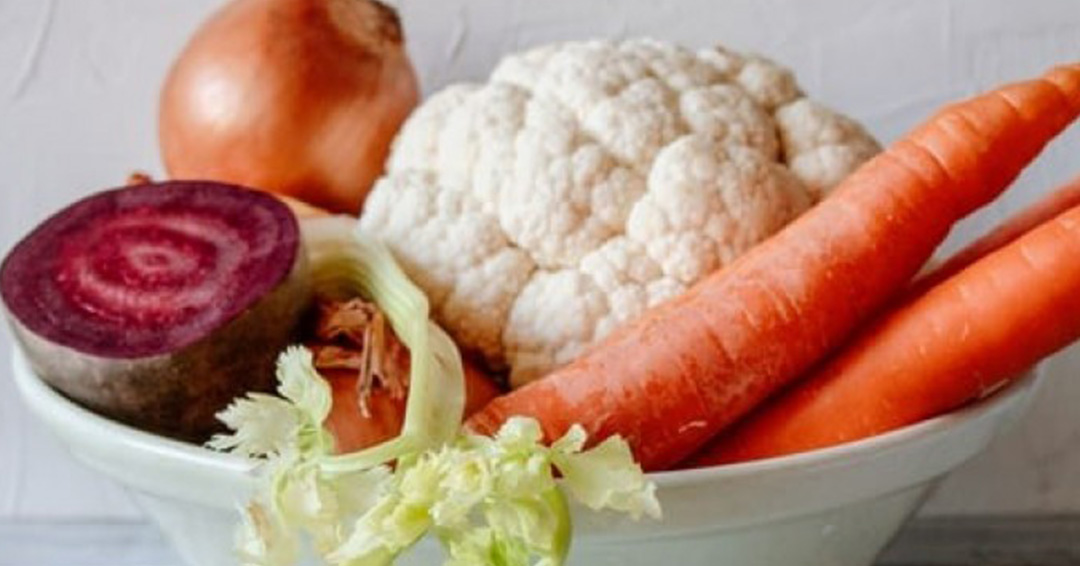
Sep
KIU Teaching Hospital Strengthens Partnership With Kitagata General Hospital
September 5, 2024, 9:40 am
 Administrator
Administrator

KIU, Western Campus c��?? Due to the looming uncertainty surrounding the COVID-19 lockdown and how it has affected livelihoods, many have found it prudent to manage meals according to their capacities in bids to save more.�
In that regard we'll share a few tips from Healthline, a popular health website that shares information on wellness and how to maintain a healthy diet on a budget.�
1. Plan your meals. It is very essential to plan your meals. Use one day in a week to make a list and shop for what you might need for that week. Also, you will spend less time outdoors, and therefore face less risk of coming into contact with people infected with COVID-19.
2. Cook large portions and use leftovers.�Cooking large meals can save you both time and money. Also, leftovers from the previous dayc��?cs meals can be used for breakfast, and eaten with tea to substitute for bread or any other escort. This can be an effective money saving scheme.�
3. Replace meat with other proteins. We all love meat. Yes, we do. But this is not the time to indulge in beefing, considering the financial situation of many people. You can eat proteins like beans and groundnuts more in place of meat so that you spend less money while still giving your body the protein it needs to stay healthy.
4. Shop for foods that are in season. It has been raining more of late, so vegetables are quite commonplace in market stalls. Also, matooke is available in bulk and is quite cheaper than usual. For example, an average bunch of matooke in Ishaka Town is 8,000 shillings. Buy more of foods that are available in bulk as they are likely to be cheaper.
5. Buy in bulk. We all know that wholesalers sell things more cheaply than retailers. Buy your food in bulk and enjoy more savings.
Kampala International University,
Box 20000, Ggaba Road, Kansanga, Kampala
+256-760 502660
+256-700 100808